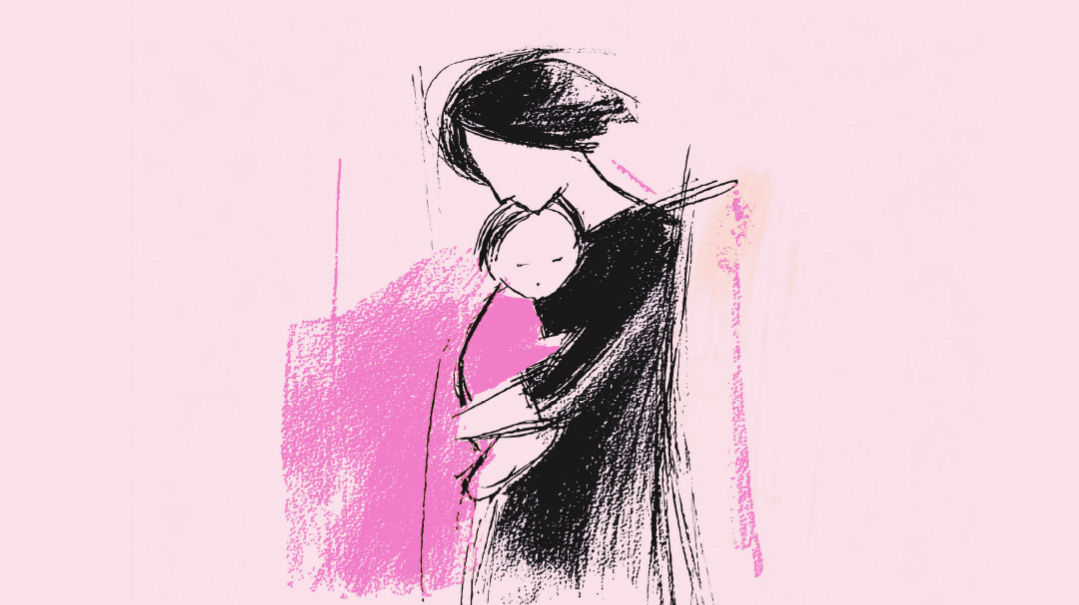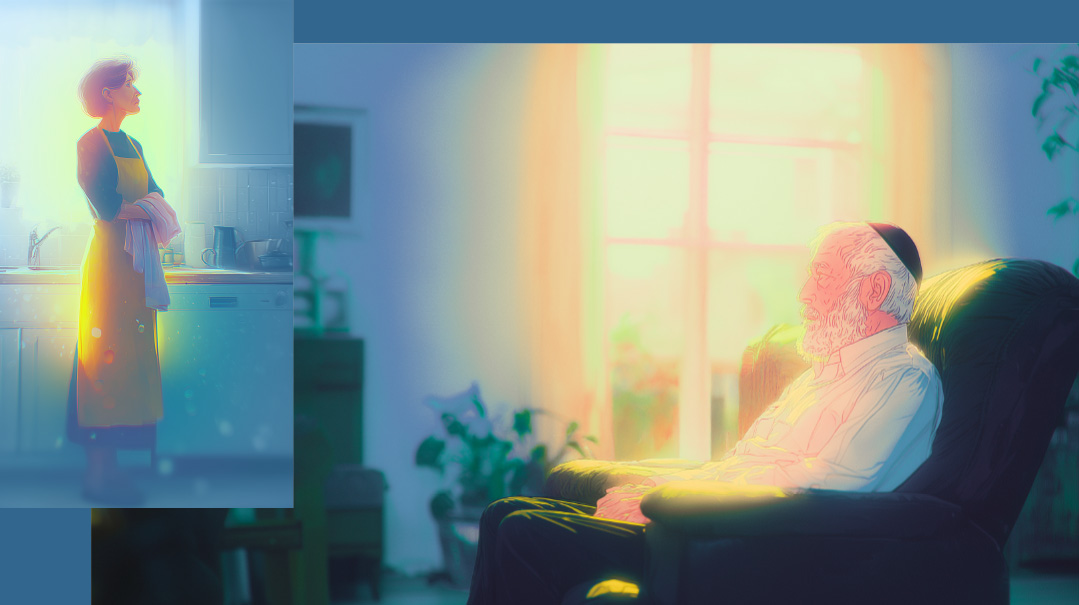Your Mother-in-Law Isn’t a Narcissist

There are paths that aren’t easy, but genuinely rewarding, for dealing with a difficult or hurtful family member

Chana’s mother is a difficult person. While her home looked functional on the surface, Chana and her siblings knew that something wasn’t quite right. Though their mother wasn’t the same as others’, as a child Chana had no vocabulary to articulate the difference.
“She was unpredictable; we never knew what would set her off,” she remembers.
Chana hoped no one would notice her mother’s peculiarities. “If my mother was screaming at my father while I had a friend over, we’d escape to my room, and I’d hope my friend didn’t hear. In my head, no one knew anything.”
As she matured, Chana was astonished when she overheard a neighbor comment, “Oh, the Cohens? The ones who are always fighting?” She’d never realized the dysfunction was apparent.
When Chana reached young adulthood, she began a journey of healing that helped her realize that some of her mother’s deficits had names. Though she still can’t point to a single root with precision, she’s learned that narcissistic personality disorder and depression may have contributed to her challenging upbringing.
As she teaches in seminaries and high schools, she’s learned she’s not the only one. She frequently hears her students complaining about the drama their toxic relatives cause.
Are there more difficult people in the world today than there once were? If you read a lot of self-help articles or hang out on social media or online support forums, it sometimes seems that way. Kvetch about feeling pressure from your mother-in-law, you’ll likely be told that she’s a narcissist. Had a fight with your husband? That behavior was seriously abusive.
What we may have forgotten, in our collective rush to judge, is that people are, well, people. And no matter how frustrating their flaws, or what they’ve been diagnosed with (or what you suspect they should be diagnosed with), you can still learn to navigate relationships with challenging people.
Cause for Concern
Our elevated awareness of psychological disturbances stems, in part, from a very healthy trend — the popularization of emotional knowledge and de-stigmatization of therapy. Now that our community has made such strides in the field of mental health awareness, it’s no longer embarrassing to attend therapy, and the language of psychology has slipped into our vernacular.
“Back in the olden days, he was a mechutzaf,” says Rabbi Doniel Frank, M. Ed, LMFT, licensed marriage and family therapist in Monsey, NY, “and all there was for us to do was to punish him. Today there’s an effort to understand the specific area of deficit that underlies the behavior and remediate it, rather than to simply write it off as a character defect.”
While understanding that someone struggles with ADHD might offer more insight than simply calling him a shlemazel, the rising awareness also buoys the popularity of such hyperbole as “I’m sooo depressed,” or “She was being totally OCD about it.”
This haphazard usage isn’t without risks. “Awareness without a factual checklist is dangerous ignorance,” says Dr. Shula Wittenstein, an individual and couples’ therapist practicing in Israel. “A teenager will gush, ‘She’s sooo anorexic.’ No, she’s not.
“Though teens have a tendency to speak casually, a responsible adult needs to understand that anorexia is a life-threatening illness with one of the worst mortality rates.” Failure to distinguish the real from the exaggerated muddies the waters, trivializing serious issues, preventing people from accessing the help they need, and causing us to claim pathology where none exists.
Oops! We could not locate your form.







